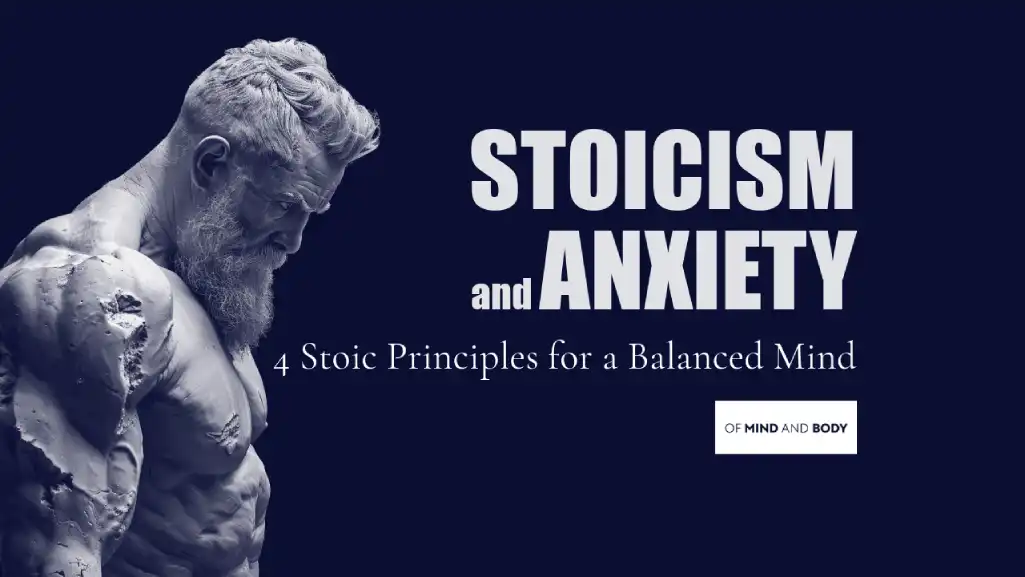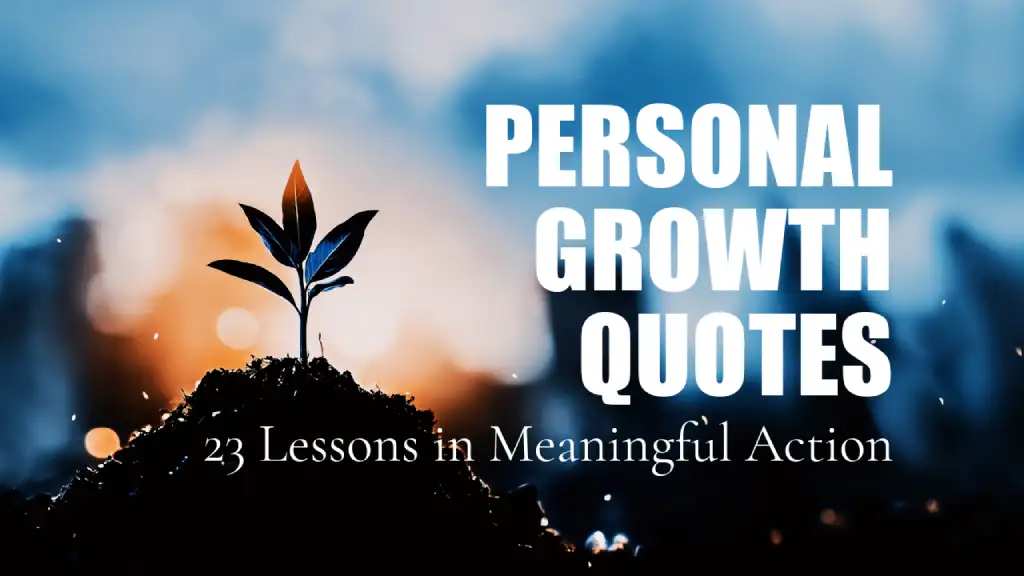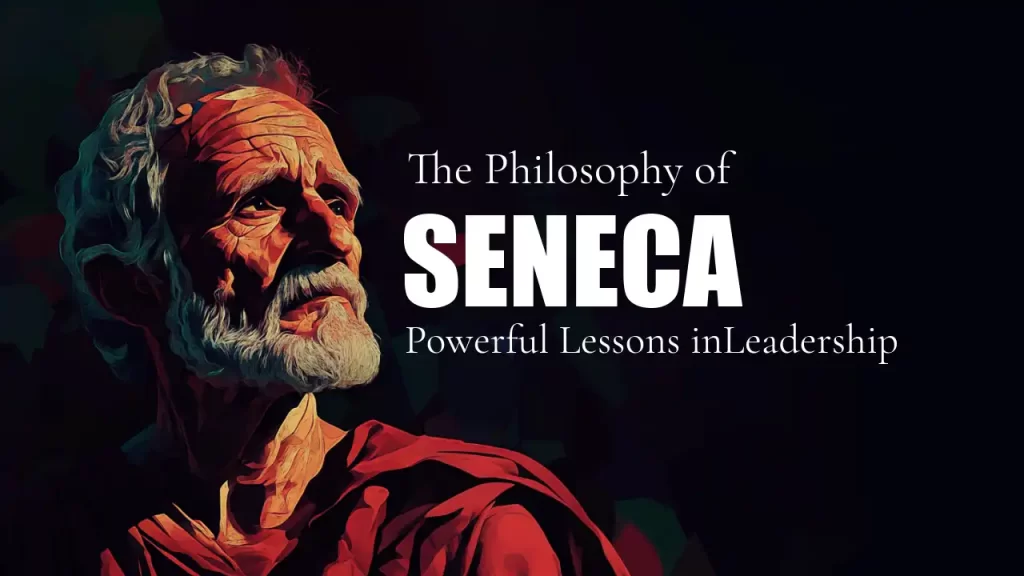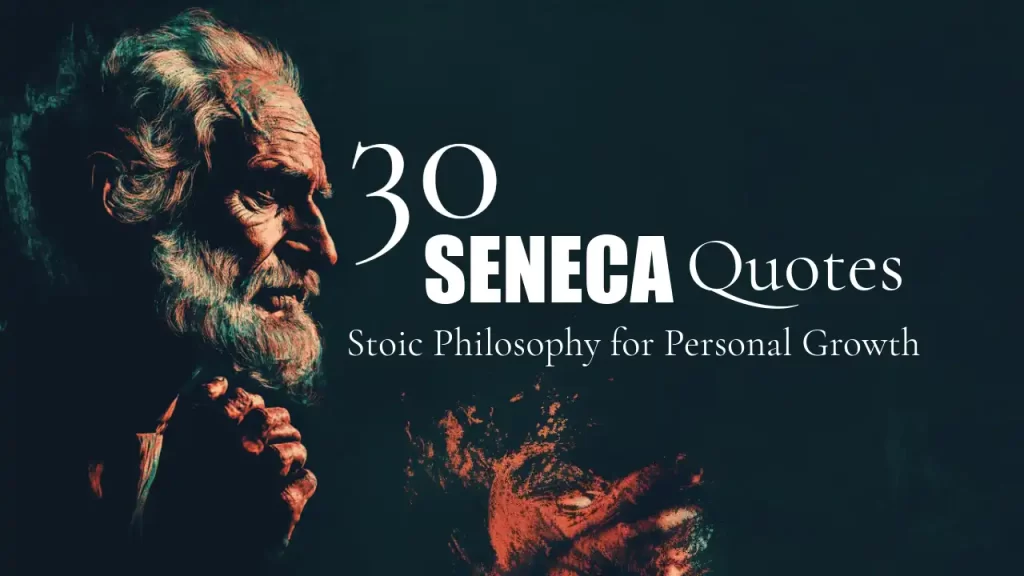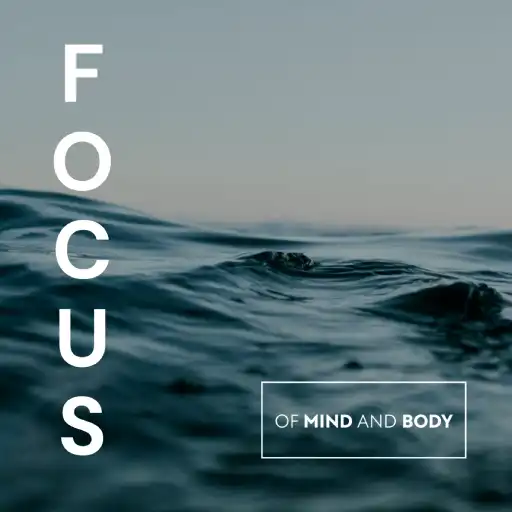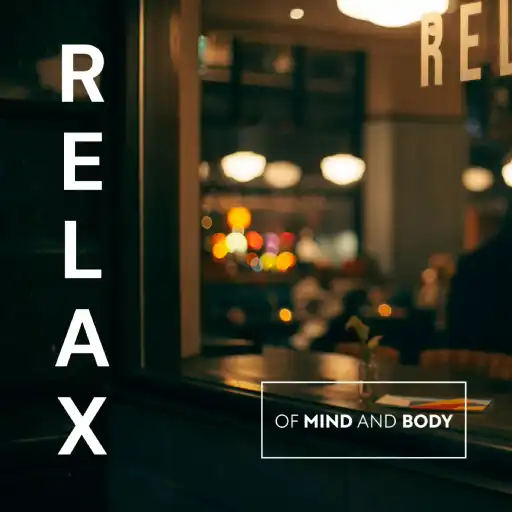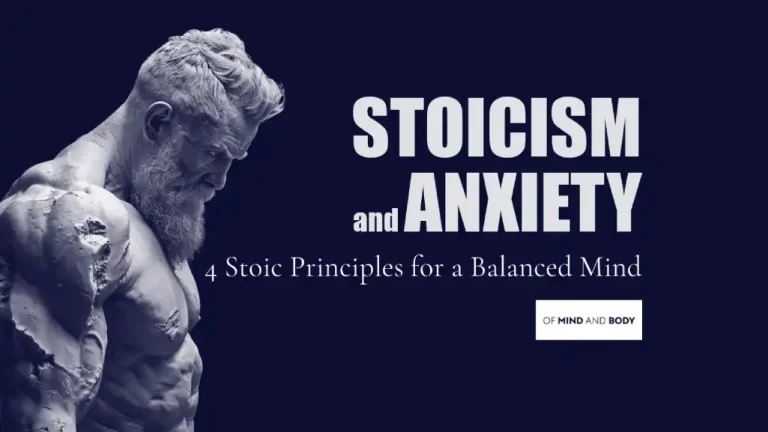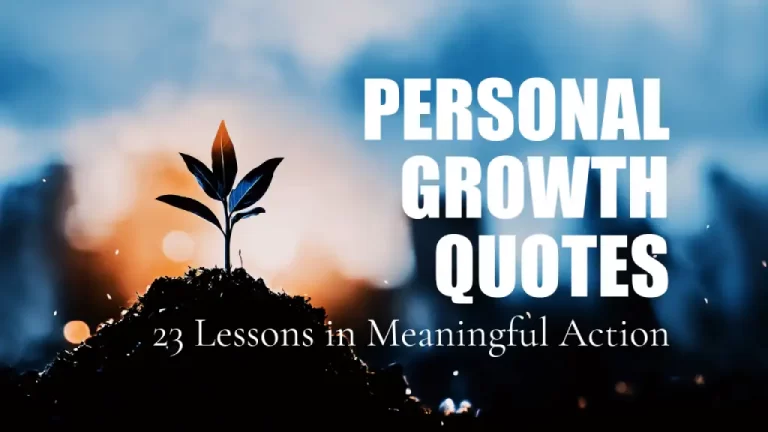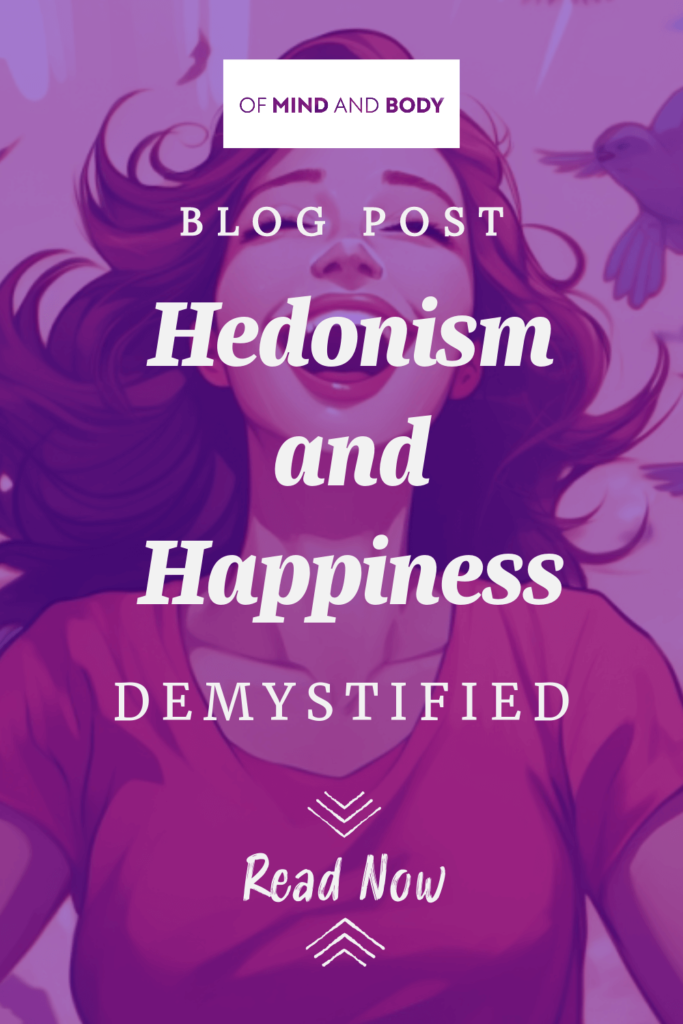
Hedonism Unveiled: More Than Just Pleasure Seeking?
At first glance, hedonism might seem like a philosophy advocating for reckless indulgence and the pursuit of fleeting pleasures. But when we peel back the layers, we find a rich tapestry of thought that has evolved over millennia. Hedonism, in its essence, is about understanding the role of pleasure in our lives and how it shapes our pursuit of happiness.
The Age-Old Quest for Happiness: Where Does Hedonism Fit In?
From the earliest civilisations to our modern, interconnected world, the pursuit of happiness has been a universal human endeavour.
Philosophers, poets, and thinkers have long pondered the nature of happiness. And hedonism, with its focus on pleasure as a primary component of happiness, offers a unique perspective on this age-old quest.
The Roots of Hedonism

Tracing Back to Ancient Times: Hedonism’s Historical Footprint
The seeds of hedonism were sown in the sun-drenched lands of ancient Greece. Philosophers like Epicurus posited that pleasure was the highest good, a belief that was both celebrated and critiqued by his contemporaries. Over the centuries, hedonistic thought travelled, evolved, and adapted, influenced by cultures and thinkers across the globe.
Philosophers and Thinkers: The Champions of Hedonistic Thought
While Epicurus might be the most famous proponent of hedonism, he wasn’t alone. John Stuart Mill, Jeremy Bentham, and many others have explored the intricacies of pleasure, pain, and happiness, each adding their unique voice to the hedonistic chorus.
Defining Hedonism

Pleasure as the Ultimate Good: The Core of Hedonism
At its heart, hedonism is straightforward: pleasure is good; pain is bad. But as we delve deeper, we find nuances. Not all pleasures are equal, and the balance between immediate pleasure and future pain (or vice versa) plays a crucial role in hedonistic calculus.
Pain and Pleasure: The Dual Sides of the Hedonistic Coin
Life is a dance of contrasts. Just as the beauty of a rainbow is accentuated by the rain, pleasure is often juxtaposed against pain. Hedonism recognises this duality and seeks to maximise pleasure while minimising pain, leading to a net positive life experience.
Types of Pleasures in Hedonism
Sensual Delights: The Physical Pleasures
The caress of a gentle breeze, the rich taste of dark chocolate melting on the tongue, the rhythmic beat of a favourite song—these are the physical pleasures that hedonism celebrates. They’re immediate, visceral, and often intense, reminding us of the joys of being alive.
Intellectual Joys: The Pleasures of the Mind
Beyond the physical realm lie the pleasures of the mind. The satisfaction of solving a challenging puzzle, the joy of immersing oneself in a gripping novel, or the exhilaration of intellectual discourse. These pleasures, while less tangible, are no less real and can offer deep, lasting satisfaction.
Hedonism in Modern Times

The Pop Culture Perspective: Hedonism in Movies and Music
Modern pop culture is replete with hedonistic themes. From blockbuster movies showcasing lavish lifestyles to chart-topping songs celebrating the joys of the moment, hedonism is ever-present. But pop culture also offers critiques, exploring the pitfalls of unchecked pleasure-seeking.
The Everyday Hedonist: Finding Pleasure in Daily Life
While grand celebrations and extravagant indulgences have their place, everyday life is filled with small, simple pleasures. The aroma of freshly brewed coffee in the morning, the laughter of loved ones, or the serenity of a sunset. Recognising and savouring these moments is the essence of everyday hedonism.
The Critiques of Hedonism
The Potential Pitfalls: When Pleasure Seeking Goes Too Far
Every philosophy has its critics, and hedonism is no exception. Detractors argue that an unchecked pursuit of pleasure can lead to excess, addiction, and a life devoid of deeper meaning. While pleasure in moderation can enhance life, overindulgence can be detrimental.
Ethical Dilemmas: Can All Pleasures Be Justified?
If pleasure is the ultimate good, where do we draw the line? Are pleasures obtained at the expense of others justified? These ethical questions have been a point of contention, leading to rich debates and discussions.
Hedonism and Well-being

The Happiness Connection: Does Hedonism Lead to True Contentment?
While hedonism champions the pursuit of pleasure, does it guarantee true happiness? Research suggests that while pleasure contributes to happiness, it’s just one piece of the puzzle. Factors like meaning, purpose, and relationships play equally vital roles. Moreover, it’s the delicate balance between these elements and hedonistic pursuits that often determines the depth and longevity of our happiness. Too much of one without the other can lead to fleeting joy or unfulfillment. Thus, achieving a harmonious equilibrium is essential for a truly contented life.
Beyond Momentary Pleasures: The Search for Lasting Happiness
Momentary pleasures, while delightful, can be fleeting. True, lasting happiness often stems from deeper sources—a fulfilling career, meaningful relationships, personal growth, and a sense of purpose.
Balancing Hedonism with Other Philosophies
Stoicism and Hedonism: Can They Coexist?
At first glance, stoicism, with its emphasis on virtue and self-control, might seem at odds with hedonism. However, a deeper exploration reveals that the two can coexist, offering a balanced approach to life where pleasure is enjoyed but not at the expense of virtue.
The Middle Path: Finding a Balance Between Pleasure and Restraint
Stoicism, with its emphasis on virtue and resilience, often encourages adherents to intentionally seek out uncomfortable experiences to build character and fortitude. Stoics believe that facing adversity head-on can lead to personal growth and a deeper appreciation for life’s simple pleasures. So, the question arises: How do we strike a balance between the hedonistic pursuit of pleasure and the stoic embrace of discomfort? While pleasure in moderation can enhance life, overindulgence can be detrimental. Similarly, while seeking challenges can foster growth, excessive austerity can diminish life’s joys. Finding the equilibrium between these philosophies can pave the way for a life rich in both pleasure and purpose.
Conclusion
The Ever-Evolving Understanding of Hedonism and Its Role in Happiness
Hedonism, with its rich history and varied interpretations, offers a fascinating lens through which we can view the human experience. By understanding its principles and nuances, we can better navigate our journey towards happiness, savouring the pleasures along the way.
Embracing Pleasure While Seeking Deeper Meaning in Life
Life is a rich tapestry of experiences, and pleasure is one of its most vibrant threads. By embracing hedonism while also seeking deeper connections and meaning, we can weave a life filled with joy, contentment, and purpose.


